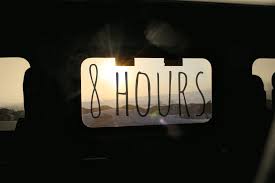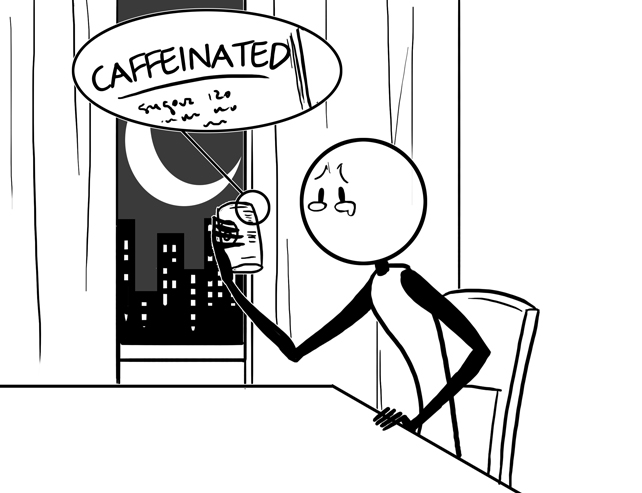Some people are so good at sleeping, they can sleep instantly with their eyes closed, zzz... they are off to their dream land. While others are not, those who suffer from insomnia, sleeping is a struggle for them. Here are some myths and facts about insomnia.
#Myth 1- Insomnia means you have difficulty in falling asleep.
Fact: Difficulty in falling asleep is actually just one of the symptoms of insomnia. Other symptoms such as difficulty staying asleep (waking up during the night and having trouble returning to sleep), waking up too early in the morning and unrefreshing sleep also known as non-restorative sleep. These symptoms should be discussed with physician or health care professional if they occur a few times a week and disrupts normal functioning routine (National Sleep Foundation, 2016).


#Myth 2- A drink (alcohol) will help in sleeping.
Fact: Couldn't sleep? Thinking to have an alcoholic drink to offer relief? Alcohol does help in falling asleep quicker, but it does not improve overall sleep quality. as well as causes disrupted and restless sleep. This is because once the alcohol level in the blood starts to fall, it will result in waking up and unable to return to sleep again. It may even make you an early riser.
#Myth 3- Exercise can improve sleep.
Fact: It is true that regular exercise can help to improve sleep. However, avoid working out too late or too vigorously before bedtime because it may disturb your sleep. This is due to the reason that vigorous exercise can make you more alert and the body-heating effects of exercise triggers the body temperature to increase, which may stay elevated for up to six hours. Try to complete the exercise two to three hours before bedtime.
#Myth 4- Napping does not have any effect on night time sleeping.
Fact: Napping can have different effects on every person. A 20-30 minutes napping may get some people feel refreshed, whereas for those who suffer from insomnia, it may decrease their sleep drive at night. This will make them even more difficult to sleep at night, thus they should avoid daytime napping.

#Myth 5- Everyone needs an eight-hour sleeping time.
Fact: We all know that we should sleep for 8 hours everyday. In fact, rather than one-size-fits-all approach, everyone is unique and they may need different amount of sleep. For example, infants and teens need 9-11 hours per day while adults need 7-8 hours per day. However, it all depends on each individual. Some may feel better on 4-5 hours of sleep, while others may need 10. The amount of sleep that any person needs can vary, depending on the person's lifestyle, state of mind and beliefs about sleep (Katherine, 1996).
#Myth 6- If you can't sleep, just stay in bed and try to sleep.
Fact: People who find difficulty in falling asleep or waking up in the middle of night but are unable to get back to sleep again within 15-20 minutes, it is recommended to get out of the bed as tossing and turning on the bed would not help. This is because it may cause negative associations between bed and sleep such as the urge to check the clock and frustration. Find some relaxing activities, such as listening to relaxing music, reading or meditating to distract oneself and they may induce sleep. Go to bed when you start to feel sleepy.
To wrap up, learning about the myths and facts about insomnia can be helpful.
REFERENCES
Katherine, A.A. (1996). Get a good night's sleep. New York: Simon & Schuster.
National Sleep Foundation (2016). How does exercise help those with chronic insomnia? Retrieved October 12, 2016, from https://sleepfoundation.org/ask-the-expert/how-does-exercise-help-those-chronic-insomnia






















